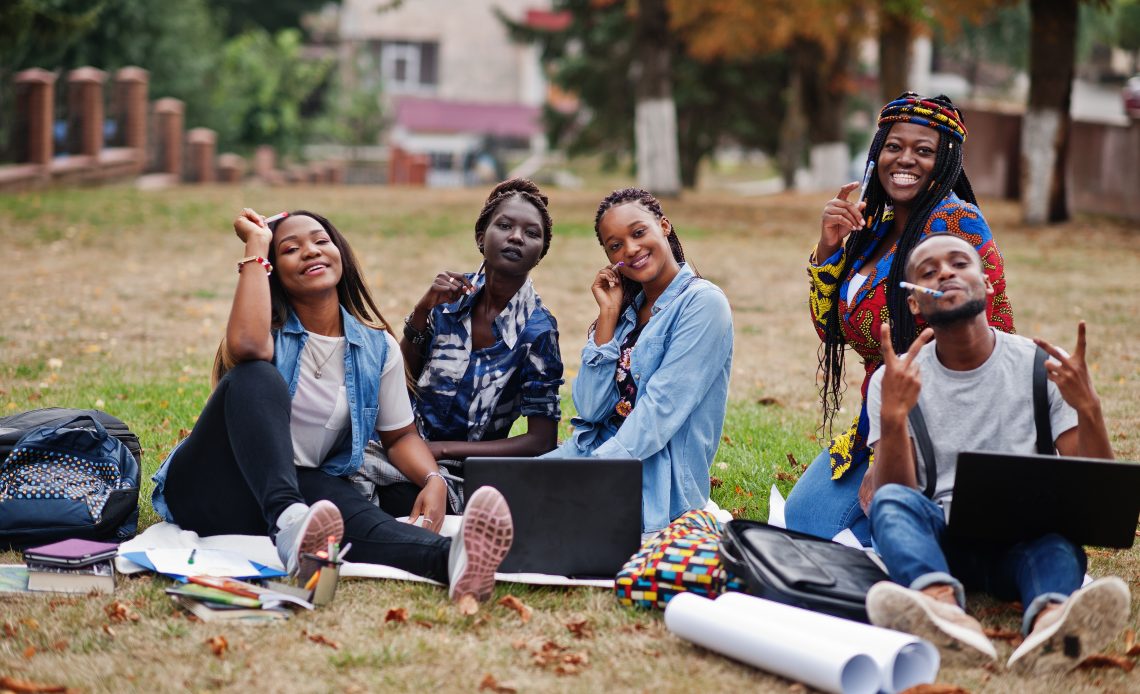Ohanu Dabri Olohije and Onyinye Oranezi (Lead Writers)
Editor’s Note: It is a commonly known truth that our lives are inextricably linked to our bodies, our relationships, and our choices. In this thought leadership article, Ohanu Dabri Olohije and Onyinye Oranezi share the link between consent, access to comprehensive sexual health education, and bodily autonomy and how important it is for adolescents and youths to understand them.
Sexual health, in addition to being one of the most important aspects of an individual’s health and well-being, is crucial to the social and economic development of communities and countries, yet topics around autonomy and sexual choices are difficult to discuss. These types of conversations are considered difficult. Especially for adolescents and young people, who are at a higher risk of early and unplanned pregnancies, unsafe abortions, and sexually transmitted infections (STIs), including HIV/AIDS when they initiate sexual activity without adequate knowledge for protection.
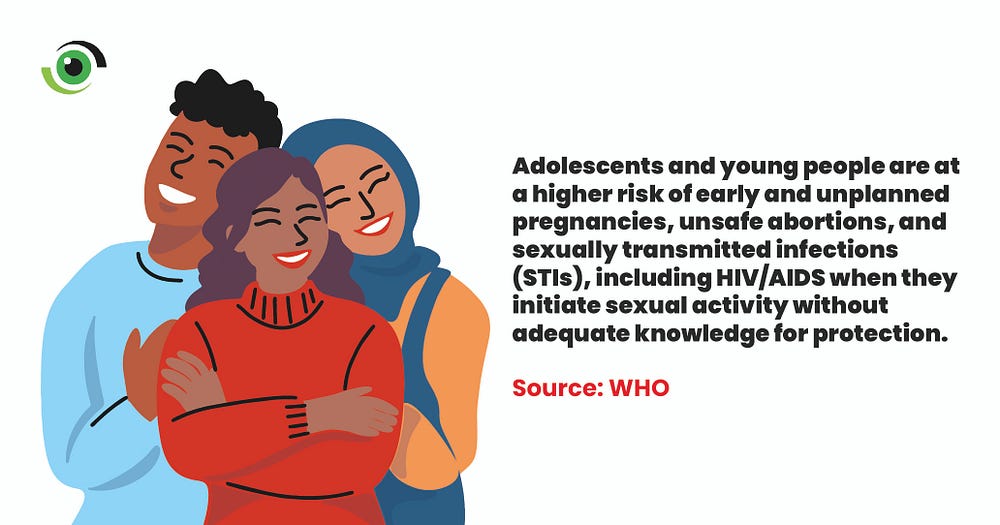
In Nigeria, factors such as cultural norms, barriers to comprehensive sexual and reproductive health (SRH) information, and taboos can create significant obstacles to discussing topics such as consent.
World Sexual Health Day 2023-Consent!
Every year on September 4th, World Sexual Health Day is observed to raise awareness about the importance of sexual health, rights, and fairness. This year focuses on consent which, in its essence, is the unequivocal agreement given willingly and knowingly by all parties involved in a sexual activity or intimate encounter.
However, consent goes beyond answering “yes” or “no”, often, it is not a linear conversation that requires a response or a carefully crafted contract where willing parties affix their signatures. Consent involves mutual respect, clear communication and value of everyone’s autonomy and choices in sexual matters, regardless of gender, or any other factor. This year’s World Sexual Health Day is also an opportunity to emphasise the significance of demolishing old beliefs about consent that perpetuate myths, such as its expected presence in specific places or its absence which is due to certain behaviours, attires, or relationships.
However, it is important that everyone, especially adolescents and young people, has complete and accurate information on consent, what it entails, how to communicate it, and how to obtain it to be able to make informed choices when it comes to their sexual and reproductive health.
Expanding access to sexual health information for adolescents
In 2019, Nigeria Health Watch in collaboration with Education as A Vaccine (EVA) conducted focus group discussions (FGDs) in the Federal Capital Territory, amongst adolescents to understand their perceptions of sexual and reproductive health (SRH). Many disclosed an inability to obtain enough information for a variety of reasons, ranging from avoidance from parents and guardians to the availability of reliable information.
According to the United Nations Population Fund (UNFPA), every young person will have to make significant choices concerning their sexual and reproductive health at some point in their lives. Despite this, research indicates that most adolescents lack the necessary knowledge to make responsible decisions, leaving them exposed to coercion, sexually transmitted illnesses, and unintended pregnancies.
Comprehensive and inclusive sex education is fundamental in empowering individuals, especially adolescents with knowledge about their bodies, relationships, and consent. It is important to emphasise the importance of education that is sensitive to cultural and societal diversity but also one that is accessible to all. During the FGD conducted in 2019, adolescents interviewed requested more accessible information and services for themselves and their peers who are out of school and living in areas where access to information and services is very limited or non-existent. This is critical given that about 70% of the population is under 30, and 42% is under the age of 15.
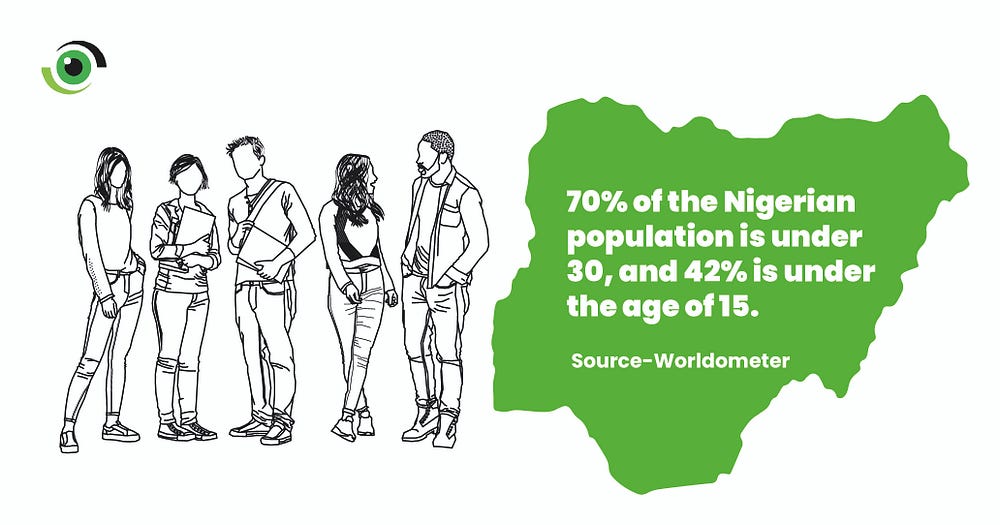
Adolescents are clearly more aware of sexual issues than ever before, thanks in large part to the internet’s rapid dissemination of information and increasing access to comprehensive sexual education. It is important to emphasise, however, that while adolescents may be more exposed to information about sexual health, this does not necessarily imply a thorough understanding of the complexities surrounding sexual matters. Their awareness often is often derived from a variety of sources, including social media, their peers, and online content, which can be inaccurate, incomplete, or misleading.
Instead of “walking on eggshells” when it comes to sexual matters, there is a need for comprehensive and age-appropriate sexual education programmes that go beyond the basics of human anatomy and reproduction. Adolescents need guidance on topics such as consent, healthy relationships, safe sex practices, and autonomy.
My body whose choice?
Bodily autonomy is closely linked to the concept of consent since it is the fundamental right of every individual to make decisions about their own body free of coercion, discrimination, and violence. According to the World Health Organization (WHO), the global frequency of sexual violence is intimately related to a lack of clear communication and understanding about consent.
A study published by The Lancet highlights that societies that value and respect bodily autonomy achieve higher levels of gender equality and have better sexual and reproductive health outcomes. Therefore, it is impossible to stress the importance of understanding consent, without focusing on protecting bodily autonomy, as it is critical to the development of a society that values diversity and individual autonomy.
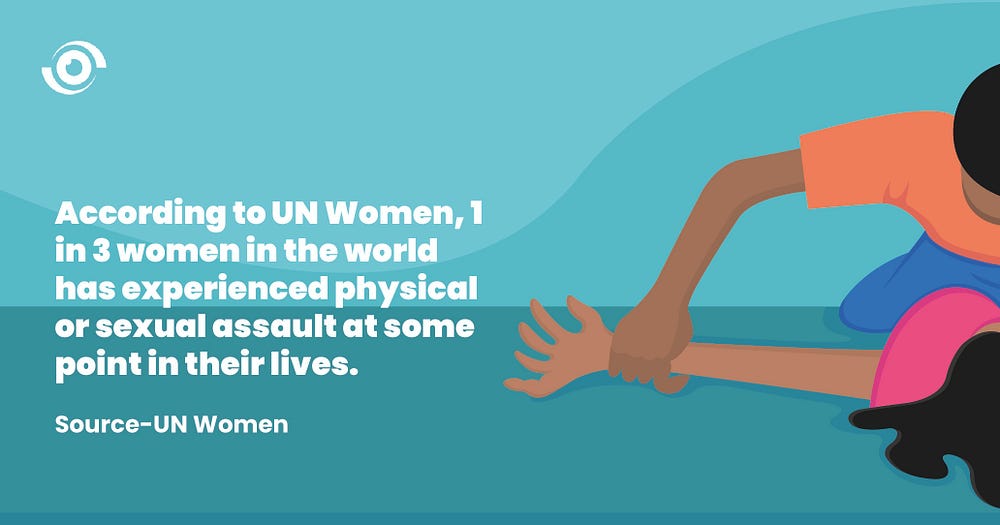
Conversations about permission and autonomy have been linked to debates about gender-based violence (GBV), a pervasive issue that negatively impacts our societies. GBV violates a person’s autonomy and consent, sustaining a cycle of power imbalances and destructive dynamics. According to UN Women, 1 in 3 women in the world has experienced physical or sexual assault at some point in their lives. GBV takes many forms, including sexual harassment, intimate partner violence, and genital mutilation, and affects women and vulnerable communities disproportionately.
Addressing the “elephant in the room”
For long, we have conveniently ignored the “elephant in the room”- access to sexual education for young people and we can change that. Governments should prioritise the development and implementation of comprehensive and inclusive sex education programmes beyond the school curriculum. Young people want to learn about these topics outside the academic requirements expected of them to be informed to make life decisions. These programmes should cover topics such as consent, healthy relationships, safe sex practices, and bodily autonomy.
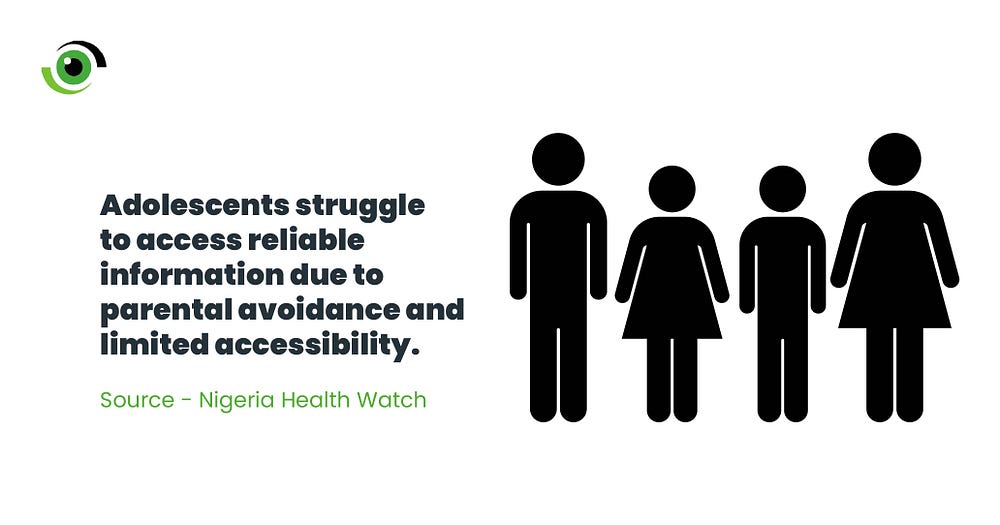
Another critical area is designing initiatives to reach young people outside of school and in areas that are without access. This could include conducting FGDs, listening sessions, community engagement activities, or engaging adolescents as peer educators to reach out to their peers who are out of school or have limited access to information. Guided peer-led initiatives can be highly effective in spreading accurate information because young people are already obtaining this information from their peers and the internet, anyway.
Young people have shared that they want a no judgement zone when accessing SRH information. As such, training and support should be provided to teachers and educators for the delivery of comprehensive sex education through open and non-judgmental discussions on sexual health topics, including consent.
We believe it is past time to remove the discomfort and stigma associated with sex and sexual health discussions. Embracing these conversations with empathy, nonjudgment, and understanding, as well as a commitment to consent is not only a responsibility, but also an opportunity to create a culture that values everyone’s well-being and autonomy.


